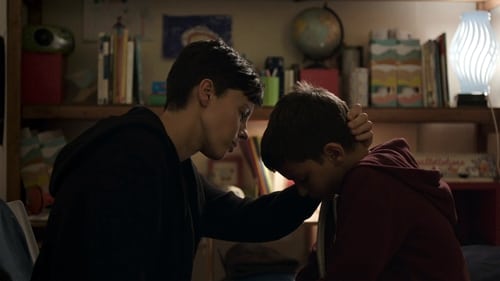
Line Producer
A woman and her 10-year-old son face, in their own way, the mourning for the death of the husband and father, which took place in a factory, while the waiting and the recollection for the day of the funeral grow all around.
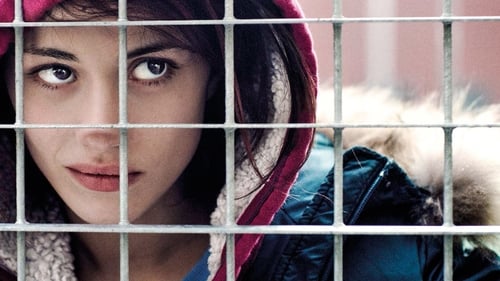
Executive Producer
Young and in prison for theft, Daphne falls in love with Josh, another inmate. Their love story exists through secret letters and fleeting conversations.

Producer
This is the story of 3 friends, destined to lose and find each other over and over again. More importantly, this is the (true) story of a film theatre in Florence, The Universale, which was a cultural landmark in the city between the '60s and the '80s. It was a theater of its own kind, bringing together intellectuals, students, as well as the people from San Frediano, a well-known working-class Quartiere. Such unusual mixture among the cinema-goers also produced a sort of creative chaos, which is explored through the eyes of Tommaso, the projectionist's son.
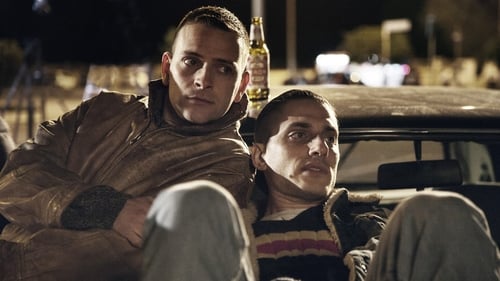
Line Producer
A story set in the 90s and in the outskirts of Rome to Ostia. A world where money, luxury cars, night clubs, cocaine and synthetic drugs are easy to run. A world in which Vittorio and Cesare, in their early twenties, act in search of their success.
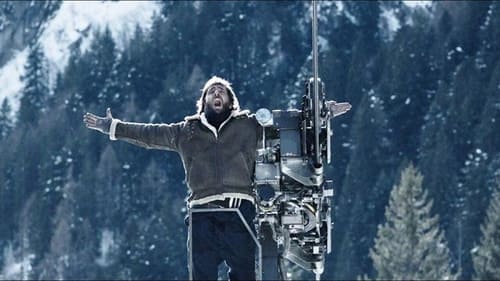
Producer
In the harsh snowy landscape of the Italian Alps, a young technician arrives to repair an electric power plant of a village plagued by blackouts. There, he encounters a strange disappearance.
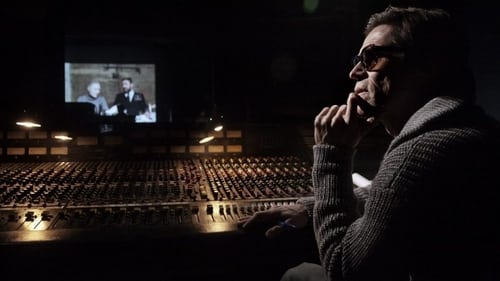
Production Manager
We are with Pasolini during the last hours of his life, as he talks with his beloved family and friends, writes, gives a brutally honest interview, shares a meal with Ninetto Davoli, and cruises for the roughest rough trade in his gun-metal gray Alfa Romeo. Over the course of the action, Pasolini’s life and his art (represented by scenes from his films, his novel-in-progress Petrolio, and his projected film Porno-Teo-Kolossal) are constantly refracted and intermingled to the point where they become one.

Line Producer
We are with Pasolini during the last hours of his life, as he talks with his beloved family and friends, writes, gives a brutally honest interview, shares a meal with Ninetto Davoli, and cruises for the roughest rough trade in his gun-metal gray Alfa Romeo. Over the course of the action, Pasolini’s life and his art (represented by scenes from his films, his novel-in-progress Petrolio, and his projected film Porno-Teo-Kolossal) are constantly refracted and intermingled to the point where they become one.
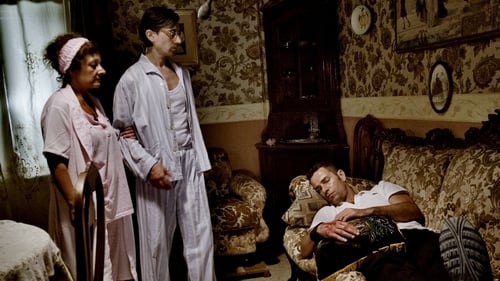
General Manager
Salvo, a ruthless Sicilian Mafia hit man, changes his priorities after being involved in a bloody ambush.
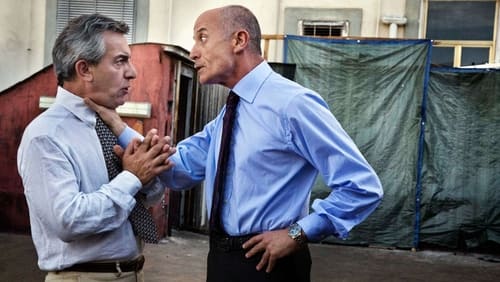
General Manager






